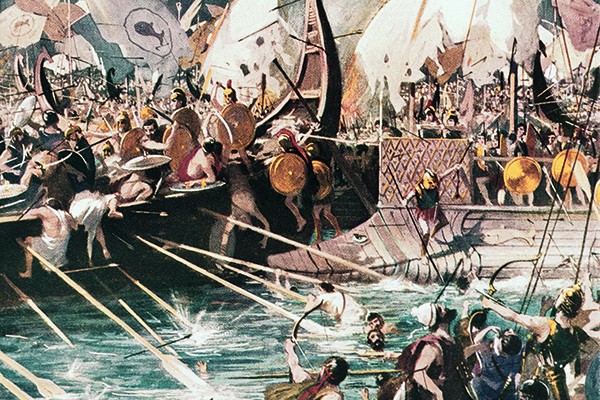Early Life and Background
Pericles, born around 495 BC into a prominent Athenian family, quickly rose to prominence as a statesman and general during Athens’ Golden Age. His father, Xanthippus, played a pivotal role in the Greek victory at Mycale, while his mother, Agariste, hailed from the influential Alcmaeonid family. Legend has it that Agariste dreamt of giving birth to a lion before Pericles’ birth, symbolizing his future greatness.

Rise to Political Power
Pericles’ political career began earnestly in 472 BC when he sponsored Aeschylus’ play “The Persians” at the Greater Dionysia, showcasing both his wealth and commitment to public service. By the early 460s BC, he had emerged as a key figure in Athenian politics, known for his modesty and strategic acumen. His prosecution of Cimon in 463 BC marked a turning point, leading to Cimon’s eventual ostracism and solidifying Pericles’ influence.
![]()
The Age of Pericles
From 461 to 429 BC, known as the “Age of Pericles,” Athens experienced significant political and cultural advancements under his leadership. Pericles and Ephialtes enacted reforms that curtailed the power of the aristocratic Areopagus council, promoting a more inclusive democracy. His populist policies included subsidizing theater for the poor and easing property requirements for public office, although his citizenship law of 451 BC restricted Athenian citizenship.
![]()
Patron of the Arts and Culture
Pericles’ legacy extended beyond politics; he was a fervent patron of the arts, commissioning ambitious construction projects like the Parthenon. These efforts not only beautified Athens but also provided employment and showcased its cultural brilliance. His support for playwrights, philosophers, and artists cemented Athens as the intellectual and cultural hub of Greece.
![]()
The Peloponnesian War and Legacy
During the Peloponnesian War (431–404 BC), Pericles led Athens through its early stages, emphasizing naval strength and defensive strategies. However, the Plague of Athens in 430 BC, which claimed Pericles among its victims in 429 BC, tested his leadership. Despite his death, his vision of a democratic and culturally vibrant Athens endured, inspiring future generations and securing Athens’ reputation for centuries.
![]()
Conclusion
Pericles’ life underscores the impact of visionary leadership on Athenian democracy and culture. His reforms and patronage laid the foundation for Athens’ political inclusivity and cultural flourishing, setting a precedent for democratic governance and intellectual pursuit. Pericles’ enduring legacy serves as a testament to the transformative power of leadership rooted in education, cultural patronage, and a commitment to public welfare.



